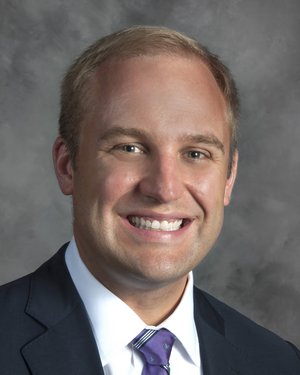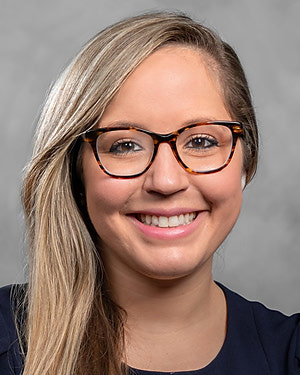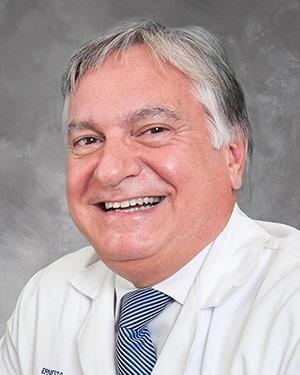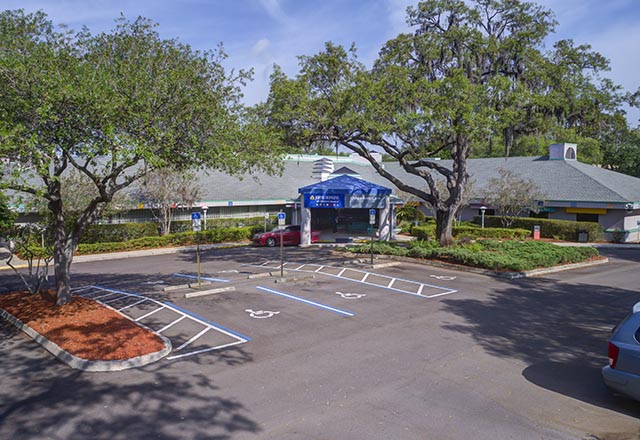Craniofacial anomalies are congenital (meaning present at birth) or acquired abnormalities of the head and neck.
Cleft lip and palate are among the most common that we treat. It occurs when the bones and tissues that form the nose, lip and roof of the mouth do not form properly while the baby is in utero. Children may be born with clefts that affect their lip, palate or both.
Craniosynostosis is also among the more common craniofacial anomalies we treat. It occurs when the bones of a baby’s skull fuse too early before the brain has fully developed. As the brain continues to develop, this causes the skull to become misshapen.
Our patients receive care for the full range of cleft and craniofacial disorders at Outpatient Care, Tampa, including:
- Cleft lip and palate
- Craniosynostosis
- Syndromic craniosynostosis (Apert, Crouzon, Pfeiffer, Muenke, Saethre-Chotzen, etc.)
- Hemifacial microsomia
- Orthognathic surgery (corrective jaw surgery)
- Facial nerve palsy
- Microtia
- Pierre Robin Sequence
- Treacher Collins syndrome, Nager syndrome and Miller syndrome
- Frontonasal dysplasia, craniofrontonasal dysplasia and Tessier clefts
- Rhinoplasty and septoplasty
- Neonatal ear molding/otoplasty
- Brachial plexus/peripheral nerve
We will develop a care plan to meet your child’s individual needs based on evaluation at Outpatient Care, Tampa. After surgery, our team will continue to follow your child as they grow, providing care through young adulthood. Follow up care available at our Outpatient Care locations also includes rehabilitation services, such as speech-language and feeding therapy services for children treated for cleft lip and palate.
Our team performs cleft and craniofacial surgeries at our main hospital location in St. Petersburg. We work closely with the specialists in the neonatal intensive care unit, pediatric intensive care unit, the anesthesia team and others to coordinate your child’s surgical care and recovery.





